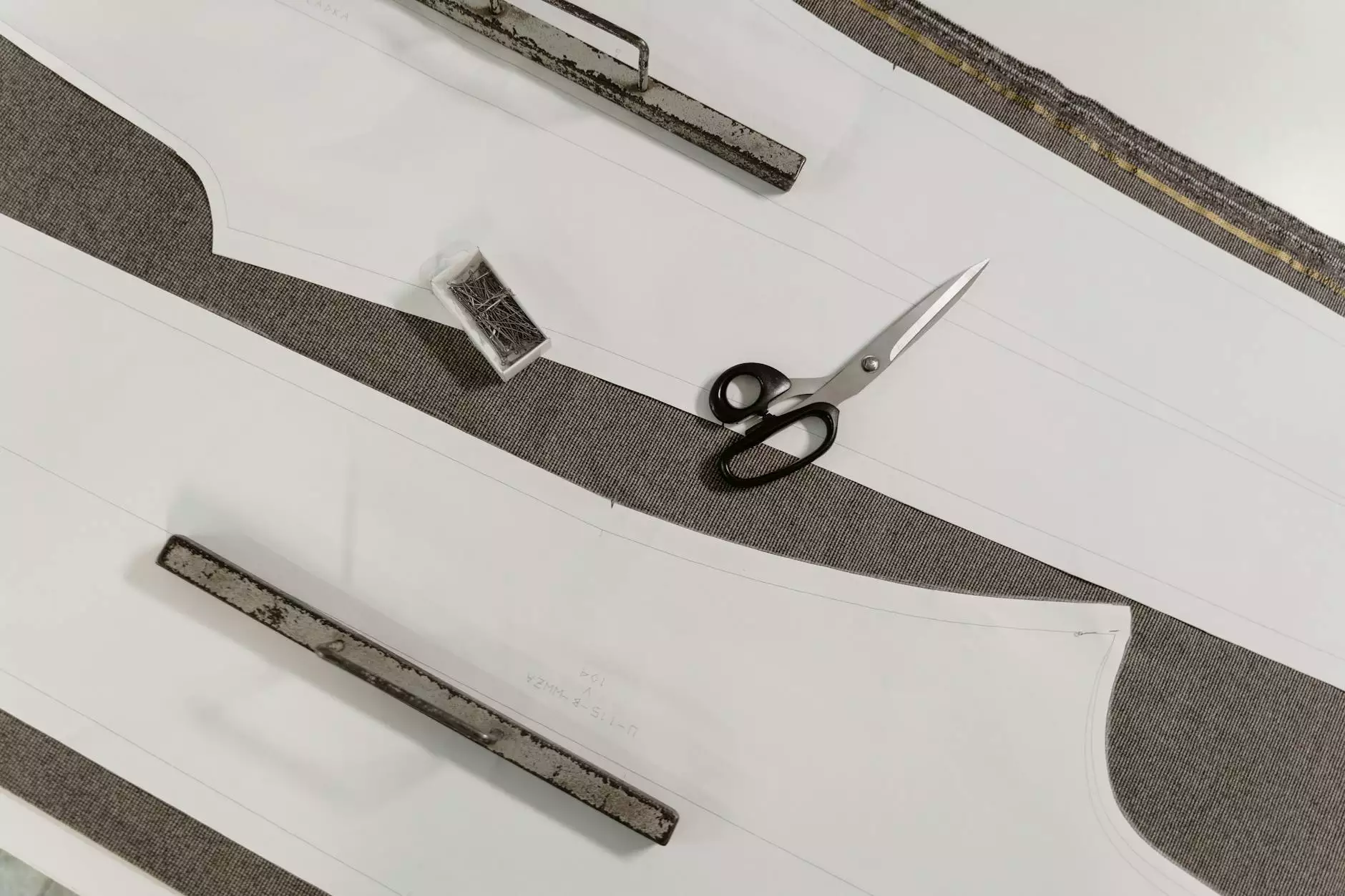Understanding the Vein Doctor Specialty: Your Gateway to Vascular Wellness

Maintaining healthy veins is an essential component of overall wellness, yet many individuals overlook the importance of specialized vascular care. The vein doctor specialty encompasses a dedicated field within vascular medicine that focuses on diagnosing, treating, and managing disorders affecting the venous system. As experts in Doctors, Health & Medical, vein specialists are integral to improving quality of life, relieving symptoms, and preventing serious complications related to vein disease.
What Is a Vein Doctor Specialty?
The vein doctor specialty involves physicians who have specialized training in the management of vascular conditions, particularly those involving veins. These professionals are typically certified vascular specialists, interventional radiologists, or vascular surgeons equipped with the expertise to interpret diagnostic findings, develop comprehensive treatment plans, and perform minimally invasive procedures.
They are adept in a variety of techniques ranging from ultrasound-guided sclerotherapy to advanced endovenous laser treatments, all aimed at restoring proper venous function. The primary goal is to address cosmetic concerns like varicose veins and to treat symptoms such as pain, swelling, and skin changes associated with chronic venous insufficiency.
Significance of the Vein Doctor Specialty in Vascular Medicine
Within the broader realm of Vascular Medicine, the vein doctor specialty plays a crucial role in identifying and managing venous disorders that can significantly impact an individual's daily life:
- Early Detection: Spotting early signs of venous disease allows for prompt intervention before complications develop.
- Comprehensive Care: Addressing both cosmetic issues and health-related problems like venous ulcers.
- Minimally Invasive Treatments: Offering safe, effective procedures with quick recovery times.
- Preventive Strategies: Educating patients on lifestyle modifications to maintain vascular health long-term.
Common Conditions Treated by a Vein Doctor Specialty
Physicians specializing in the vein doctor specialty handle a wide array of venous disorders. Recognizing these conditions accurately is essential in providing appropriate treatment options:
Varicose Veins and Spider Veins
These are among the most prevalent ailments treated within this specialty. Characterized by twisted, enlarged veins visible beneath the skin, varicose veins can cause discomfort, heaviness, and aesthetic concern. Spider veins are smaller, web-like vessels that are often a cosmetic issue but can sometimes indicate underlying venous insufficiency.
Chronic Venous Insufficiency (CVI)
This condition arises when veins fail to efficiently return blood to the heart, leading to blood pooling, swelling, skin changes, and sometimes venous ulcers. Managing CVI requires precise diagnosis and a tailored treatment plan from a trained vascular specialist.
Deep Vein Thrombosis (DVT)
Deep vein thrombosis involves the formation of blood clots in the deep veins. It’s a medical emergency because of the risk of pulmonary embolism. The vein doctor specialty is vital in diagnosing, managing, and preventing recurrence of DVT.
Venous Ulcers
Chronic venous hypertension can cause skin breakdown and ulcer formation, primarily in the lower extremities. Effective treatment by a specialized vein doctor involves compression therapy and sometimes surgical intervention.
Innovative Diagnostic Technologies in Vascular Medicine
Advancements in diagnostic imaging have revolutionized the vein doctor specialty. These tools allow for non-invasive, highly accurate assessments of venous function:
- Duplex Ultrasound: Combines traditional ultrasound with Doppler imaging to visualize blood flow and detect vein abnormalities.
- Air Plethysmography: Measures venous volume and reflux to evaluate valve competence.
- Venous Mapping: Guides surgical or minimally invasive procedures for precise treatment delivery.
State-of-the-Art Treatments Offered by a Vein Doctor Specialty
The field has seen significant innovations that favor minimally invasive, outpatient procedures, reducing risks and recovery times:
Endovenous Laser Therapy (EVLT)
This procedure involves inserting a laser fiber into the problematic vein to deliver targeted energy, causing the vein to close. EVLT is highly effective, with minimal discomfort and rapid recovery.
Ultrasound-Guided Sclerotherapy
Uses a sclerosant foam injected into affected veins, guided by ultrasound imaging. This technique is ideal for smaller veins like spider veins and reticular veins.
Radiofrequency Ablation (RFA)
Similar to EVLT, RFA uses radiofrequency energy to heat and close diseased veins. It offers a safe, efficient alternative to traditional surgery.
Ambulatory Phlebectomy
This minimally invasive surgical technique removes large surface veins through tiny skin punctures, providing excellent aesthetic results.
The Importance of Choosing a Specialist in vein doctor specialty
Not all healthcare providers possess the expertise required for advanced vein treatment. When selecting a vein doctor specialist, consider:
- Certification and Fellowship in Vascular Medicine or Surgery
- Experience with the latest minimally invasive procedures
- Positive patient reviews and outcomes
- A comprehensive approach focusing on both diagnosis and treatment
Expertise in this field ensures you receive the highest standard of care, tailored to your individual vascular health needs, leading to better outcomes and improved quality of life.
Preventive Measures and Lifestyle Tips for Vascular Health
While the vein doctor specialty offers advanced treatment options, prevention remains key. Adopting healthy lifestyle habits can significantly reduce the risk of vein disease:
- Regular Exercise: Activities like walking improve circulation and strengthen veins.
- Maintain a Healthy Weight: Reduces pressure on the veins of the legs.
- Elevate Legs: Elevate your legs when resting to promote blood flow.
- Wear Compression Stockings: Support venous return and reduce symptoms.
- Avoid Prolonged Sitting or Standing: Take breaks to move around and encourage circulation.
- Stay Hydrated and Follow a Balanced Diet: Supports vascular health and skin integrity.
Conclusion: Your Path to Vascular Wellbeing with a Vein Doctor Specialty
The vein doctor specialty is a vital component of vascular medicine, combining cutting-edge technology, minimally invasive procedures, and comprehensive patient care. Whether dealing with cosmetic concerns like varicose veins or serious conditions like venous ulcers or DVT, specialized vascular physicians are equipped to provide effective solutions tailored to each individual.
Investing in the expertise of a qualified vein specialist not only helps in managing existing venous issues but also plays a significant role in preventing future complications. Recognizing the signs early and pursuing treatment from experienced specialists ensures optimal vascular health, enhanced comfort, and improved overall quality of life.
For those seeking expert vascular care, Truffles Vein Specialists offers state-of-the-art treatments delivered by highly trained professionals dedicated to excellence in the vein doctor specialty.









